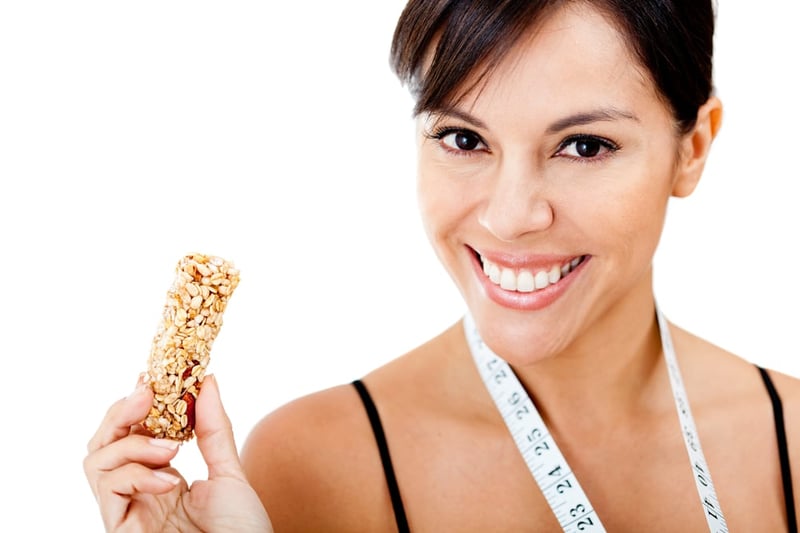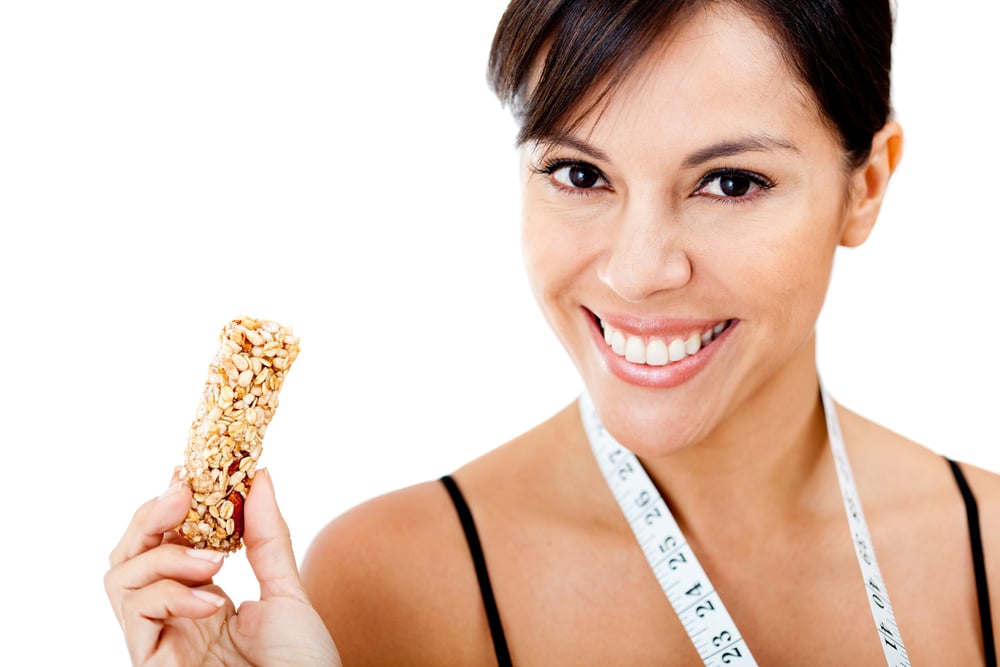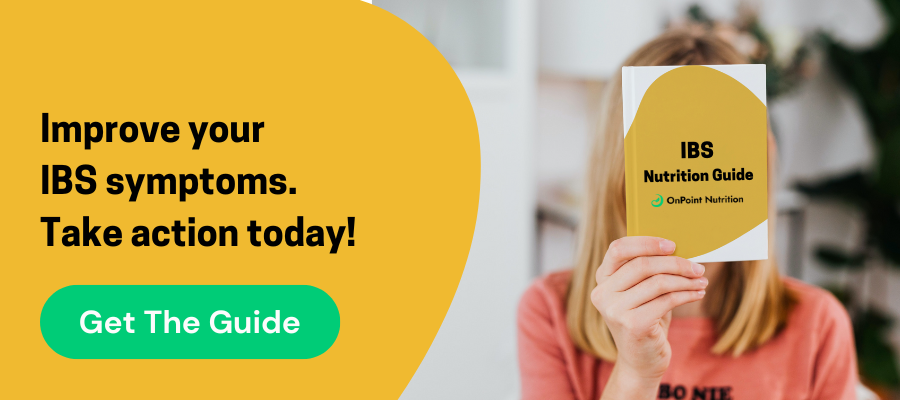
Fiber-Conscious IBS Diets
Regardless of the IBS subtype, fiber is an integral piece in IBS management. Many people with IBS could better manage their IBS symptoms by adjusting how much and what type of fiber they consume. Most Americans eat 10-15 grams of fiber per day, putting them well under the recommended 20-35 grams. How much and what type of fiber is best for IBS depends on the individual as well as their IBS subtype.
How much fiber is good for IBS?
Well, just like all forms of IBS management, it varies from person to person. Many doctors will recommend a high fiber diet for people with IBS, but in reality, most people see better results when they meet the daily fiber recommendation. Generally, adults should consume 20-35 grams of fiber per day, but you may need more or less depending on your IBS.
20-35 grams of fiber is recommended because it helps regulate bowel movements, reduce abdominal pain, and decrease bloating. While adding more fibrous foods to your diet, be sure to increase them slowly, as drastic fiber increases can cause IBS symptoms to become more severe. Easing your way into a higher fiber protocol allows your body to adjust to the changes gradually without producing symptoms.
What type of fiber is good for IBS?
The optimal fiber variety depends on your IBS subtype. There are two types of fiber: soluble and insoluble. Each fiber type has a different function.
Soluble fibers pull water into the stool and forms a gel-like substance that binds and holds stool together, resulting in decreased transit time. Insoluble fibers are not digested at all, but instead help to add bulk to the stool and speed up transit time. In most cases, you want to eat both types of fiber, but you may need to change the mix to regulate your bowel movements. Read more about the best fiber foods for IBS below.
Fiber and IBS-C
The best fiber for IBS-C is Insoluble fiber, as it helps relieve constipation. High fiber foods for IBS-C are listed below:
- Whole grains
- Nuts
- Beans
- Cauliflower
- Green peas
- Potatoes
- Cooked prunes
- Dark leafy greens
- Blackberries
- Unpeeled apples
Fiber and IBS-D
The best fiber for IBS-D is soluble fiber, as it helps relieve diarrhea. High fiber foods for IBS-D are listed below.
- Avocado
- Banana
- Blueberries
- Brussels sprouts
- Carrots
- Chickpeas
- Eggplant
- Green beans
- Lentils
- Oatmeal
- Oranges
- Peanuts
- Potatoes with the skin
- Raspberries
- Zucchini
What about a fiber supplement?
We always recommend a “food first” approach when it comes to dietary management of IBS. However, fiber supplements may be helpful for symptom management. Speak with your doctor or IBS Dietitian before starting a fiber supplement to ensure it is right for you. The most common and effective type of fiber supplement is psyllium husk (Metamucil). Psyllium husk helps to provide soft, bulky, easy to pass stools.
The bottom line
So, fiber is good for IBS. Make sure that you are eating enough fiber, while also balancing the right types of fiber for your IBS. If you have IBS-C, focus on soluble fiber. If you regularly experience IBS-D, consume more insoluble fiber. And if your symptoms vary, IBS-M subtype or IBS mixed-bowel, ensure you’re getting an even intake of both soluble and insoluble fiber, and then adjust as needed. As always, figuring out what works for your body can be difficult. If you feel like you’re struggling to balance your fiber intake, you may want to enlist the help of a dietitian.
To read more about foods to avoid, foods to eat and how to make easy changes to your IBS diet to mitigate your symptoms, download our IBS Nutrition Guide.

Topics

Kaitlyn Willwerth is a Registered Dietitian at OnPoint Nutrition. Kaitlyn's work focuses on providing individualized health and lifestyle coaching and, most importantly, support. She is a Certified LEAP Therapist and has also completed the Monash University 'Low FODMAP Diet for IBS' online training course for health professionals.




